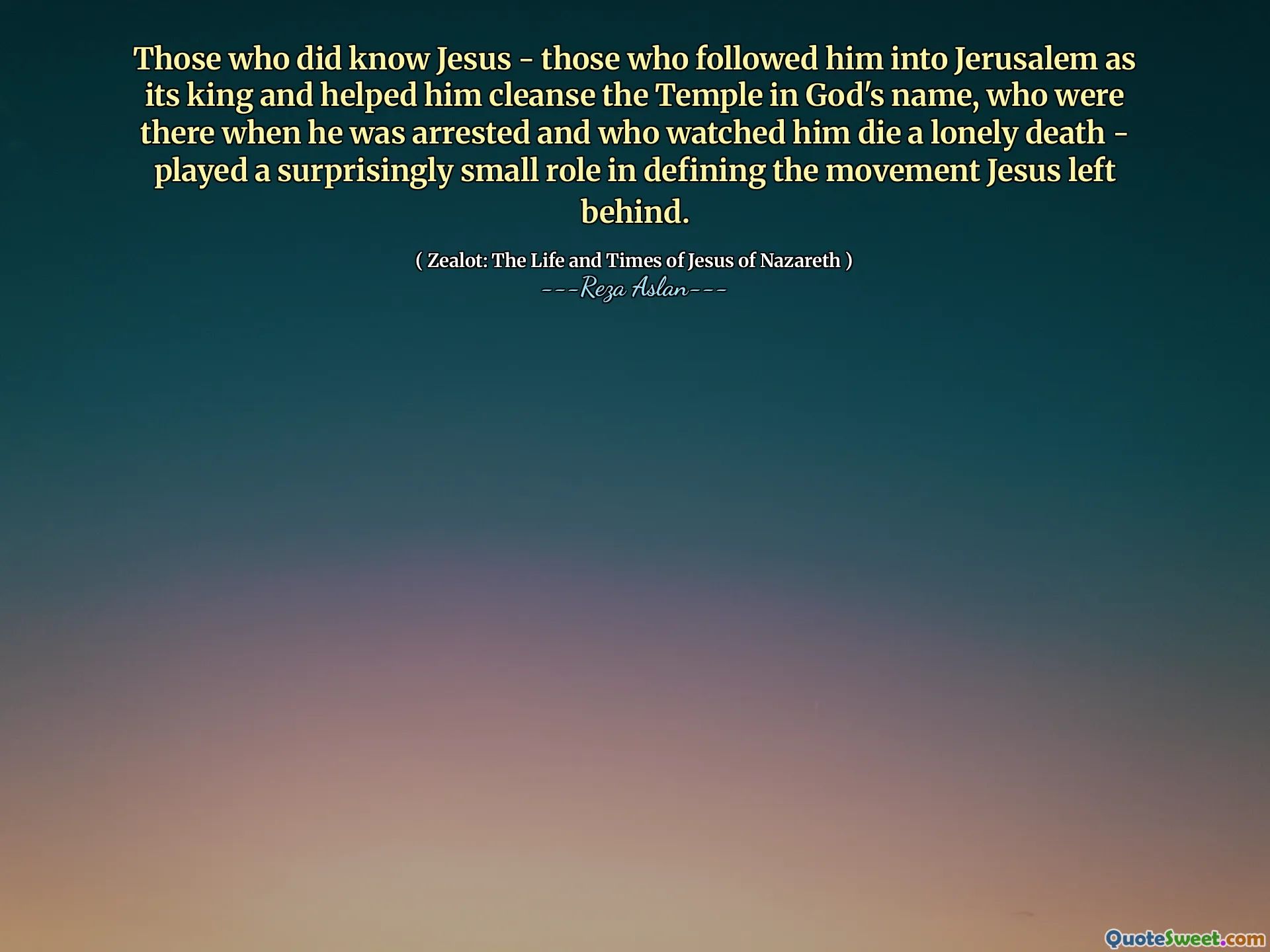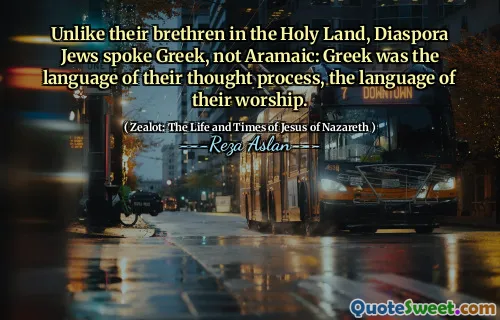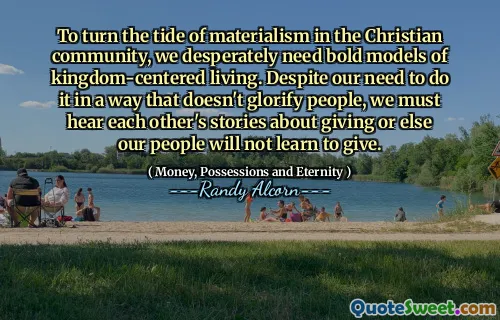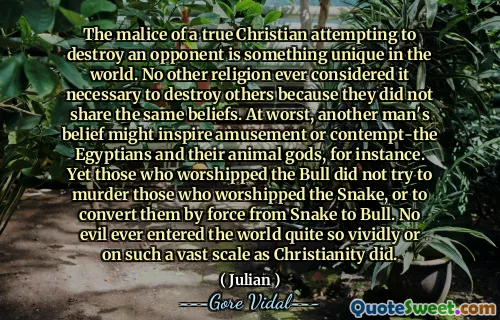
Those who did know Jesus - those who followed him into Jerusalem as its king and helped him cleanse the Temple in God's name, who were there when he was arrested and who watched him die a lonely death - played a surprisingly small role in defining the movement Jesus left behind.
This quote highlights a profound historical paradox regarding the early followers of Jesus and the origins of his religious movement. It suggests that the individuals most closely associated with Jesus during his lifetime—his disciples, supporters who acknowledged his kingship, and those present at critical moments such as the cleansing of the Temple and his crucifixion—ended up having a surprisingly limited influence on how the movement was ultimately shaped and remembered. Such a perspective challenges the common assumption that those closest to a founder are the ones who define his legacy. Instead, it points towards a broader, more complex process through which religious movements evolve, often driven by later followers, emerging leaders, and the wider community rather than the immediate disciples. This aligns with historical patterns where core teachings and the core identity of religious figures are reshaped, adapted, and institutionalized beyond the original circle. Moreover, the quote emphasizes the importance of the collective memory and interpretation of Jesus' life and teachings, which took on different forms over the decades, influenced by cultural, political, and theological factors. Understanding this dynamic encourages a deeper appreciation for how faith movements develop—beyond the actions of a select few, shaped instead by a multitude of voices seeking to preserve, interpret, and spread the message in new contexts. It underscores that a movement's true influence often extends beyond its original founders, shaped instead by the ways followers and subsequent generations choose to remember and redefine their religious heritage.






